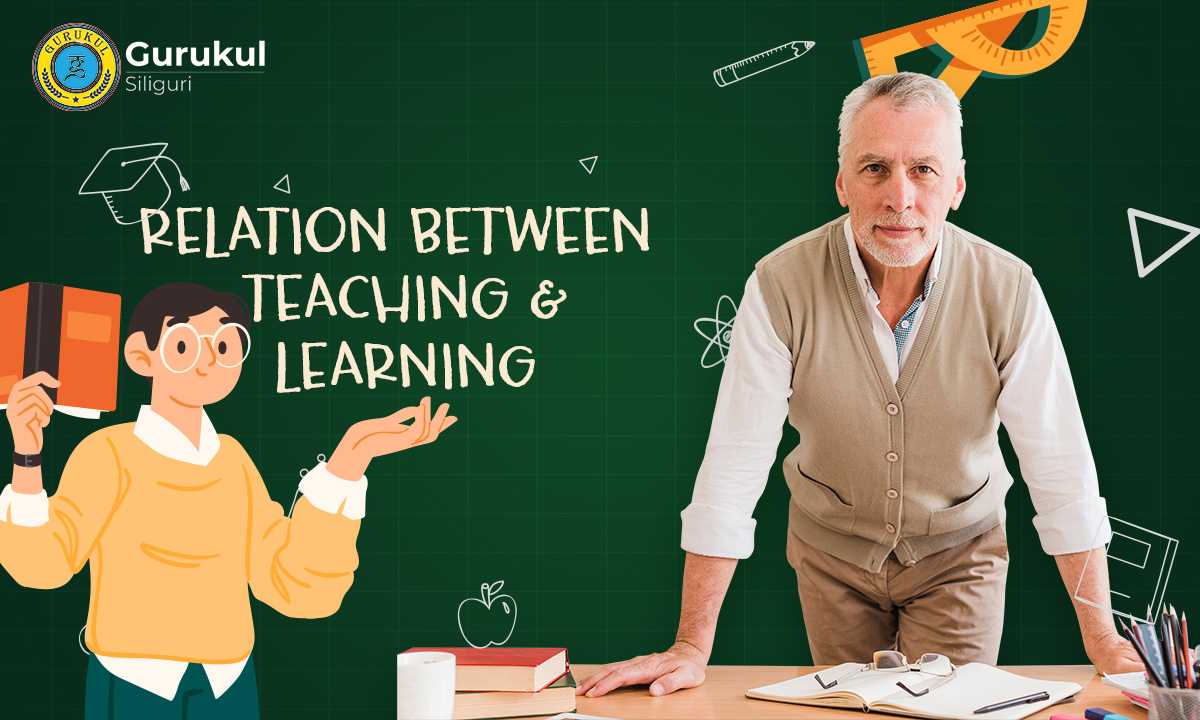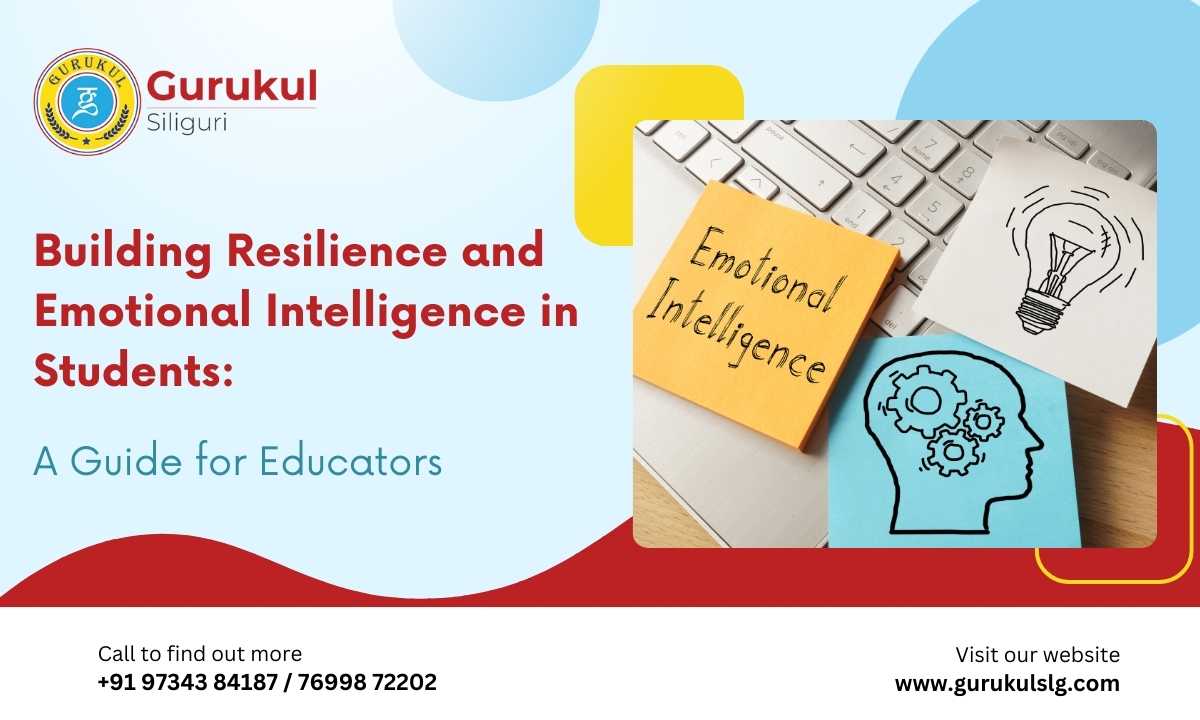In today's rapidly changing world, resilience and emotional intelligence are crucial skills for students to thrive both academically and personally. As educators, fostering these qualities in students is not just beneficial but essential.
This blog will explore strategies for building resilience and emotional intelligence in students, addressing common questions and providing actionable insights for educators.
Introduction
In the educational landscape, the development of resilience and emotional intelligence in students has become a focal point for many educators. These skills help students navigate challenges, manage their emotions, and build positive relationships. But how can educators effectively nurture these qualities in their classrooms?
This blog delves into practical strategies that can be implemented to support students in becoming more resilient and emotionally intelligent.
Why Are Resilience and Emotional Intelligence Important?
Resilience is the ability to bounce back from setbacks and challenges. Emotional intelligence, on the other hand, involves understanding and managing one's own emotions and empathizing with others.
Together, these skills are foundational for academic success, mental well-being, and interpersonal relationships. Research shows that students who are resilient and emotionally intelligent are more likely to excel in school, form healthy relationships, and handle stress effectively.
Strategies for Building Resilience and Emotional Intelligence
-
Create a Safe and Inclusive Classroom Environment: Establishing a classroom culture where students feel safe, respected, and valued is fundamental. This environment encourages open communication and reduces the fear of making mistakes, which is crucial for learning resilience.
-
Encourage a Growth Mindset: Teach students to view challenges as opportunities to learn rather than as failures. Highlight the importance of effort, perseverance, and learning from mistakes.
-
Incorporate Social-Emotional Learning (SEL) Programs: SEL programs focus on developing self-awareness, self-management, social awareness, relationship skills, and responsible decision-making. These programs provide structured lessons and activities that build emotional intelligence.
-
Use Real-Life Scenarios and Role-Playing: Engaging students in role-playing activities helps them practice empathy and emotional regulation. Discussing real-life scenarios allows students to explore different perspectives and emotional responses.
-
Teach Coping Strategies and Problem-Solving Skills: Equip students with practical coping mechanisms for managing stress and emotions, such as deep breathing, mindfulness, and journaling. Encourage them to brainstorm solutions when faced with challenges.
Frequently Asked Questions About Building Resilience and Emotional Intelligence
What is the role of educators in developing these skills?
Educators play a pivotal role in modeling and teaching resilience and emotional intelligence. By creating a supportive classroom environment and providing opportunities for students to practice these skills, teachers can help students develop the emotional tools they need to succeed.
How can resilience be taught?
Resilience can be cultivated through various strategies, including setting realistic goals, promoting a growth mindset, and teaching problem-solving skills. Encouraging students to view challenges as opportunities for growth rather than as insurmountable obstacles helps them develop a resilient attitude.
What are effective ways to teach emotional intelligence?
Teaching emotional intelligence involves helping students recognize and understand their own emotions, as well as the emotions of others. This can be done through activities that promote self-reflection, empathy, and effective communication. Role-playing and group discussions are also effective in building emotional intelligence.
Can resilience and emotional intelligence be integrated into the curriculum?
Yes, resilience and emotional intelligence can be integrated into the curriculum through various means. For example, literature classes can include discussions about characters' emotional experiences, while science and social studies can explore topics related to human behavior and mental health.
Conclusion
Building resilience and emotional intelligence in students is a critical component of their overall development. Educators can make a significant impact by integrating these skills into their teaching practices and creating a supportive learning environment. By doing so, they not only enhance students' academic performance but also prepare them for the complexities of life.
Read More Article: Exploring How Technology Impacts Education: A Closer Look





